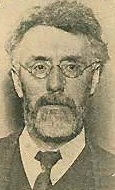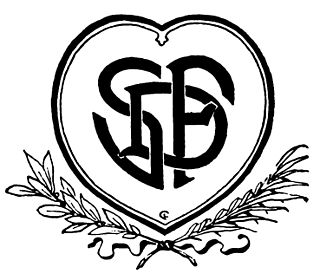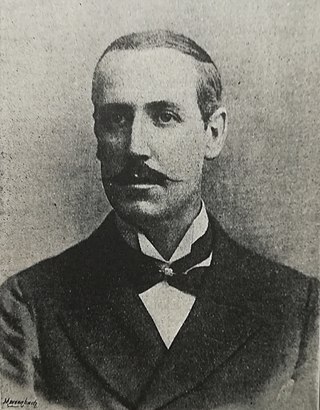Related Research Articles
John Joseph Jones, was a Labour Party Member of Parliament (MP).

Thomas Kennedy was a British Labour politician.

David Daniel "Dan" Irving was a British socialist activist and Labour Party Member of Parliament.
Joseph Frederick Green was a British politician. He sat in the House of Commons from 1918 to 1922 as the Member of Parliament (MP) for Leicester West.

Edward Robertshaw Hartley was a British socialist politician.
The Leicester by-election was a Parliamentary by-election held on 27 June 1913. The constituency returned two Members of Parliament (MP) to the House of Commons of the United Kingdom, elected by the first past the post voting system.

The British Socialist Party (BSP) was a Marxist political organisation established in Great Britain in 1911. Following a protracted period of factional struggle, in 1916 the party's anti-war forces gained decisive control of the party and saw the defection of its pro-war right wing. After the victory of the Bolshevik Revolution in Russia at the end of 1917 and the termination of the First World War the following year, the BSP emerged as an explicitly revolutionary socialist organisation. It negotiated with other radical groups in an effort to establish a unified communist organisation, an effort which culminated in August 1920 with the establishment of the Communist Party of Great Britain. The youth organisation the Young Socialist League was affiliated with the party.

The Social Democratic Federation (SDF) was established as Britain's first organised socialist political party by H. M. Hyndman, and had its first meeting on 7 June 1881. Those joining the SDF included William Morris, George Lansbury, James Connolly and Eleanor Marx. However, Friedrich Engels, Karl Marx's long-term collaborator, refused to support Hyndman's venture. Many of its early leading members had previously been active in the Manhood Suffrage League.
James Dunlop MacDougall, also known as James McDougall, was a Scottish political activist, best known as John Maclean's leading supporter.
George Henry Fletcher was a British communist activist and baker.
Rosina Smith was a British communist activist, educator and union organizer.
Frederick Victor Fisher was a British political activist.

Hyman Russell Smart was a British socialist activist.

Alfred Barton was a British socialist politician.
Lorenzo Edward Quelch was a British trade unionist and politician.
Arthur Charles Bannington was a British political activist.
Duncan Carmichael was a British trade unionist and socialist activist.
Edwin Charles Fairchild (1874–1955) was a socialist activist and conscientious objector during the First World War.
Joseph George Butler was a British politician and trade unionist, who served on London County Council (LCC).
Hugh Hinshelwood was a Scottish communist activist and trade unionist.
References
- 1 2 3 4 5 6 Labour Party, Report of the Annual Conference (1932), p.74
- ↑ Bill Coxall and Clive Griggs, "The critical reception of the Ragged Trousered Philanthropists in 1914", Labour History Review, vol.56, no.1, p.209
- 1 2 "E. J. Pay", Justice , January 1932, p.3
- ↑ F. W. S. Craig, Minor Parties in British By-elections, 1885-1974, pp.104–105.